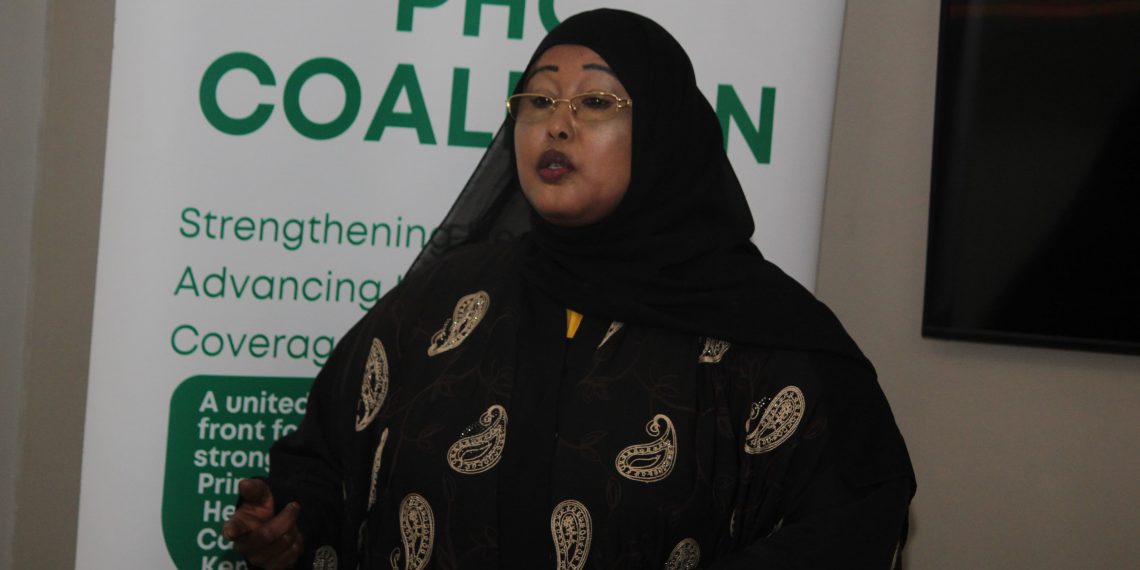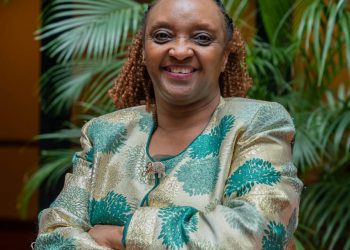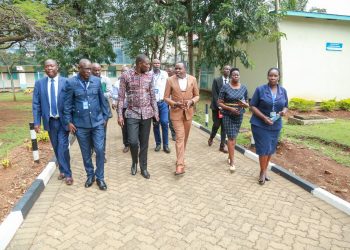By Ivyn Kipruto
In the heart of Eastleigh, Nairobi a dynamic neighborhood famous for its vibrant Somali culture and bustling commerce, Kenya’s primary healthcare workers confront a formidable challenge: winning community trust.
Here, a deep-seated caution of outsiders, fueled by myths, fears, and historic stigma, makes opening a door to a health worker a difficult decision for many residents.
Among those committed to bridging this gap is Fatuma Hassan, a dedicated Community Health Promoter (CHP). Working under the Ministry of Health’s primary healthcare initiative, launched in October 2023, she aims to strengthen grassroots systems, reach households that rarely visit hospitals, and champion preventive care.
For Fatuma, this mission is deeply personal. As someone born and raised within the Somali community she now serves, she intimately understands the traditions, sensitivities, and spiritual beliefs that shape their perception of modern healthcare.
“Many people here only listen to their own,” Fatuma explains. “When vaccination teams come around, some families refuse to let them in because they believe vaccines contain substances that are haram (forbidden).”
The resistance is complex and pervasive. Conversations around family planning are even more sensitive.
Fatuma recalls a heartbreaking story one that clarifies why her work is essential.
“A woman had given birth to eight daughters. Her husband wanted a son so badly that she got pregnant again. She finally had a boy but died during childbirth,” Fatuma says softly. “It was tragic—and it shows the risks women face when family planning is dismissed.”
Being a CHP demands immense fortitude. The work is physically taxing and emotionally draining and yet, largely unpaid. Fatuma receives no stipends for transport, meals, or supplies. When she encounters families in crisis, she often uses her own limited funds to help.
“Sometimes I use my own money to take patients to the hospital or buy medicine,” she admits.
Her job also exposes her to serious health risks. She frequently visits homes with tuberculosis patients but lacks basic protective gear—no gloves, masks, or sanitizers.
Moreover, without official identification cards, she often faces suspicion and hostility.
“Most Somali residents here are refugees. When they see someone they don’t know entering their home, they think you’re a government spy,” Fatuma explains. “Some doors are slammed in my face. Others open only to insults.”
Yet despite these formidable obstacles, Fatuma’s patience is slowly yielding results. Vaccination rates in Eastleigh and Kamukunji have improved since she began her outreach. Her secret lies in understanding, not confrontation.
She dresses modestly in traditional Somali attire, speaks the local dialect, and approaches families with profound empathy.
“On the first visit, I educate them,” she says. “Then I leave and let them talk among themselves. The next day, I return to hear what they decided.”
For Fatuma, building trust is a process that requires time and respect. She avoids fear-based messages like, “If you don’t vaccinate, your child will die.” Instead, she focuses on compassion and fact.
“When a mother finally agrees to vaccinate her child, I know my work is worth it,” she smiles.
Fatuma’s story reflects the reality of thousands of CHPs across Kenya—unsung heroes who form the first line of defense in public health. They are the essential bridge between the government health systems and households often isolated by geography, poverty, or culture.
Yet, without stipends, protective gear, or official recognition, their burden remains unsustainable.
Still, Fatuma remains steadfast. Her journey proves that real health promotion goes beyond medicine—it’s about trust, patience, and deep cultural understanding.















